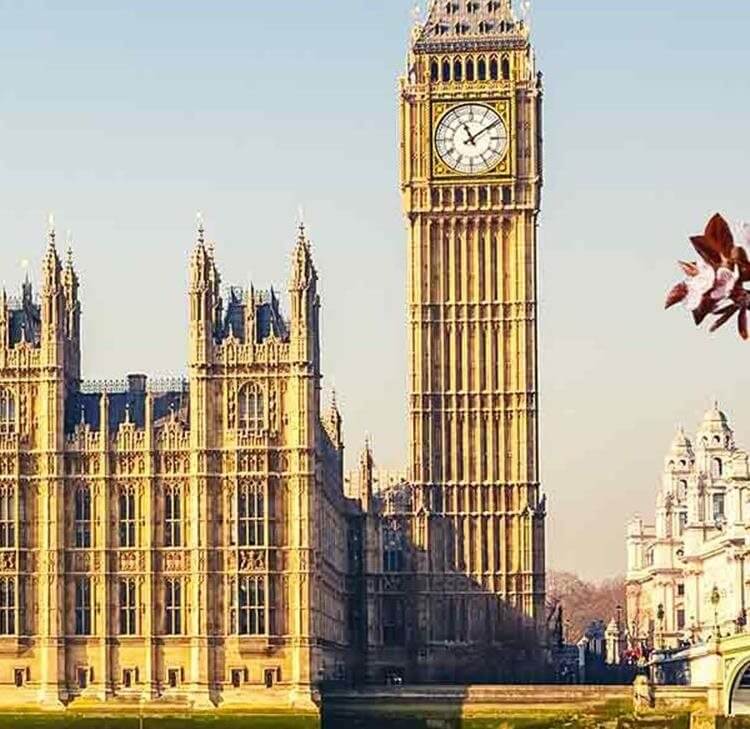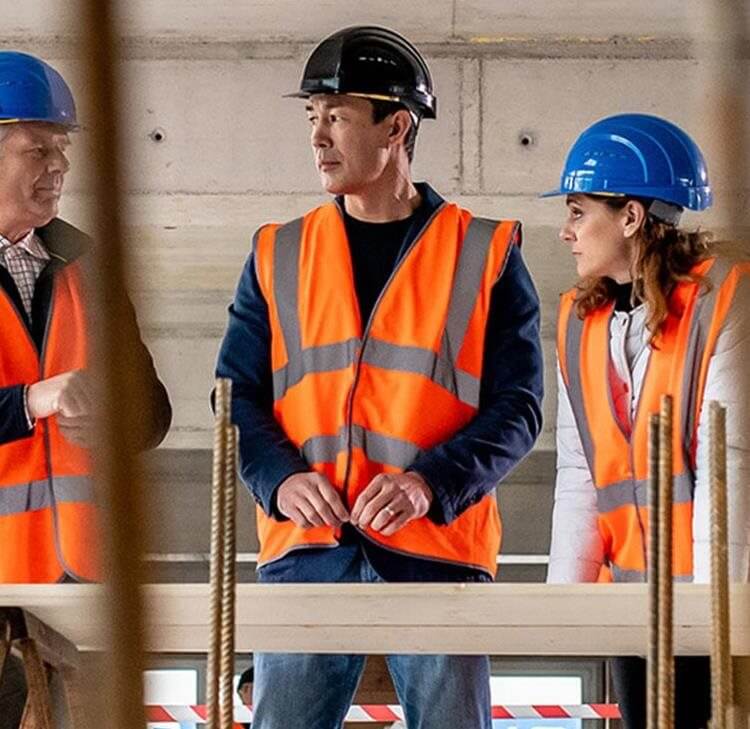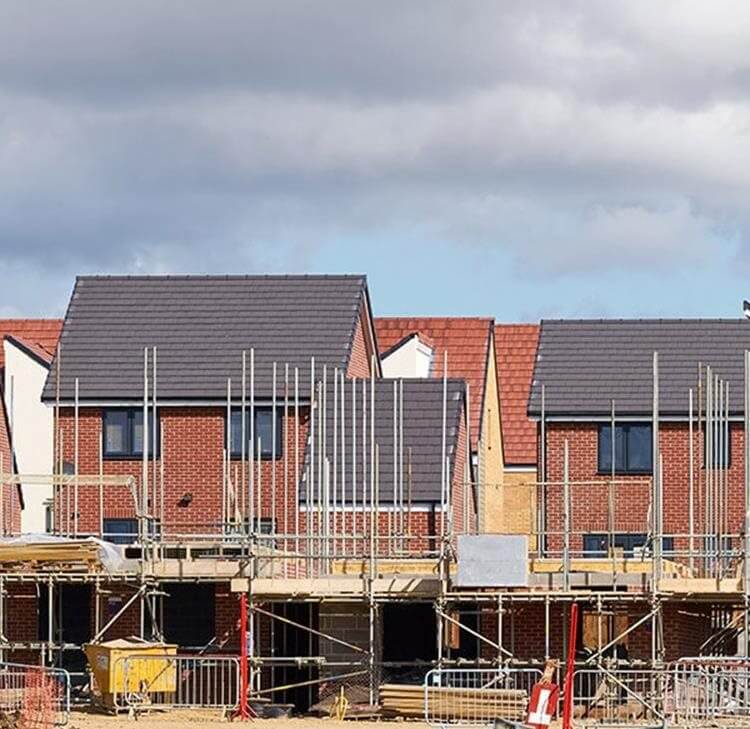The new Labour government has recently announced a series of planning reforms which are aimed towards Britain building the infrastructure it needs, including the building of 1.5 million homes in five years and a clean power system that the government committed to in its manifesto.
Proposed changes include a reintroduction of mandatory housing targets and a new methodology to calculate these targets, intended to reflect the urgency of the supply of housing in local planning authorities, and deliver growth in the Midlands and the North of England.
They also comprise of a new definition for the so-called ‘grey belt’ and set out instances in which further green belt land may require releasing for development. Local authorities will be required to produce local plans that meet mandatory housing targets and, where necessary, they will be expected to review their green belt.
Browne Jacobson is committed to working across business and society, and our expertise in this area sets us apart. We champion fairness, simplify complex matters, and establish connections between clients to discover innovative solutions.
Our experienced legal team will help you navigate through the proposed changes and revision of the National Planning Policy Framework from a local government perspective and will provide:
- Regular updates and insights on planning reform
- Webinars on key elements of the changes to the planning system
- Roundtables to enable open discussion on specific topics
Changes to the National Planning Policy Framework
In this second video, join Richard Barlow and Sophie Hoffman who discuss the new proposed changes to housing targets, the “Grey Belt” and green energy in the NPPF.

Planning Reform: Consultation
The Ministry of Housing, Communities and Local Government has released a consultation on proposed reforms to the National Planning Policy Framework (NPPF) and other changes to the planning system.
The government hopes these reforms will deliver 1.5 million homes in the next five years. The deadline for responses is 24 September 2024.
Please come and join Ben Standing and Sophie Hoffman who discuss these changes and the need for local authorities to engage.

Our expertise
Contact us

Ben Standing
Partner

Ben Hunt
Senior Associate Planner










































